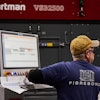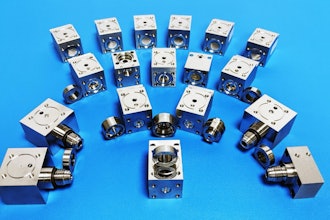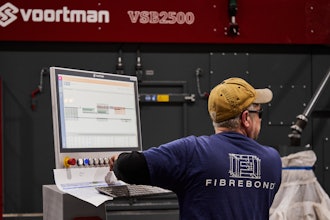WASHINGTON (AP) -- A top California regulator defended her state's work to reduce greenhouse gas emissions from new vehicles Monday, contending it would push the auto industry to innovate without limiting what consumers can choose from at car dealerships.
Mary Nichols, chairwoman of the California Air Resources Board, told automotive engineers at an industry conference that her state's plan would increase the variety of alternative, fuel-efficient vehicles and give the industry time and flexibility to meet the standards.
''We're not talking about pushing beyond the limits of what the industry can do,'' Nichols told members of the Society of Automotive Engineers, pointing to a need for ''a little bit of creative repackaging'' by the industry.
Nichols said she was confident the next presidential administration would allow California to set the nation's first greenhouse gas limits on cars, trucks and sport utility vehicles. All three of the remaining White House hopefuls have expressed support for a waiver allowing the California regulations to be enacted.
''We trust that the industry can do it and we believe that they can,'' she said. The tough standards would push automakers to introduce more gas-electric hybrids, trucks running on ethanol blends and other fuel-saving technologies, she said.
The Environmental Protect Agency in December blocked California and about 16 other states to impose tough regulations on emissions. California officials have said their program would cut emissions by one-third in new vehicles by 2016 and increase fuel efficiency to about 36.8 mpg.
EPA officials, in their denial, said the energy bill signed by President Bush would boost fuel economy standards to 35 miles per gallon by 2020 while providing a national approach for reducing emissions.
Automakers have opposed California's standards, saying a national approach authored by the federal government would allow the industry to aim for one standard.
Dave McCurdy, a former Oklahoma congressman who leads the Alliance of Automobile Manufacturers, said car makers would face different compliance requirements in each state that adopts California's approach, causing confusion in the marketplace.
McCurdy said he was hopeful that the industry and government could find a national approach next year ''that doesn't deny California the opportunity to be a laboratory but doesn't impose their standards from an agency that's not looking at the national level.''
Nichols said her agency is beginning to look beyond 2016 but declined to predict how stringent the standards would be.
An analysis released by California air regulators earlier this year estimated that by 2020 the California law would achieve a 44 mpg standard if the state extended its law as regulators have suggested.
California has sued the government over the waiver denial, dismissing EPA claims that the state does not face extraordinary conditions from climate change.






















